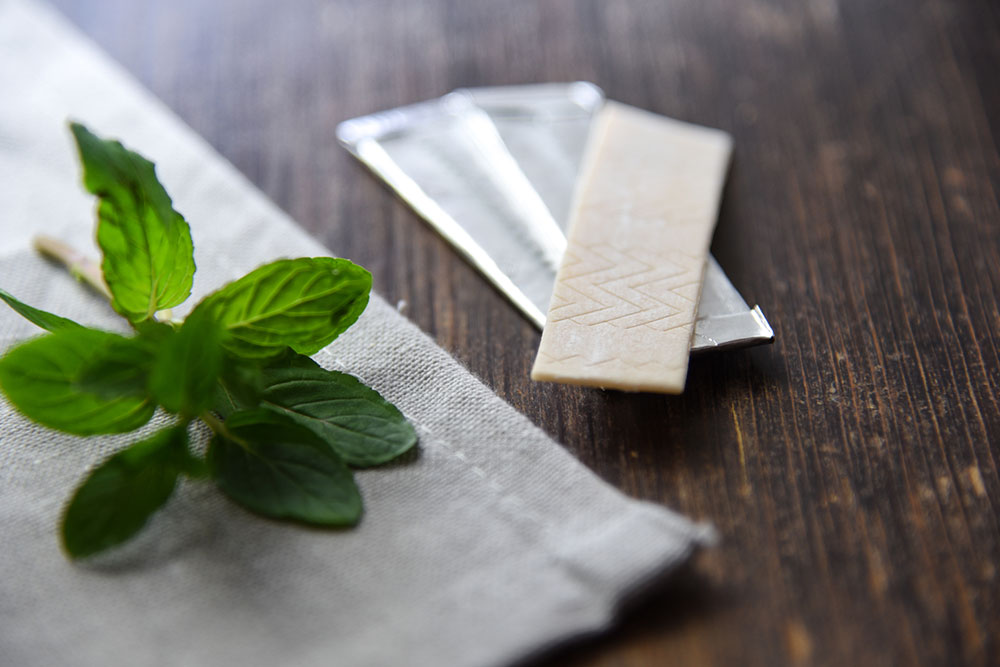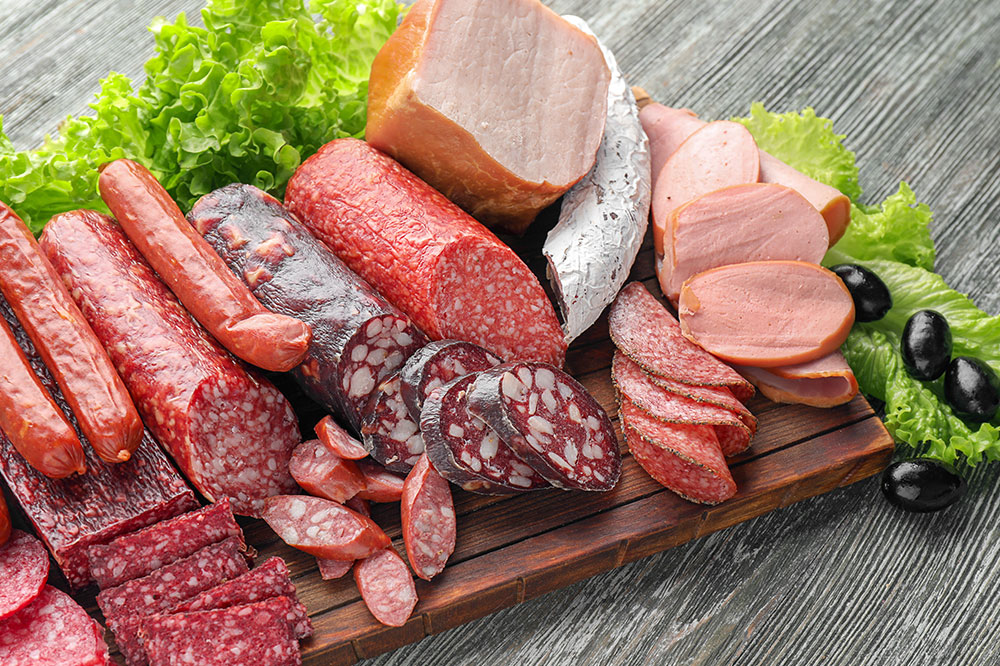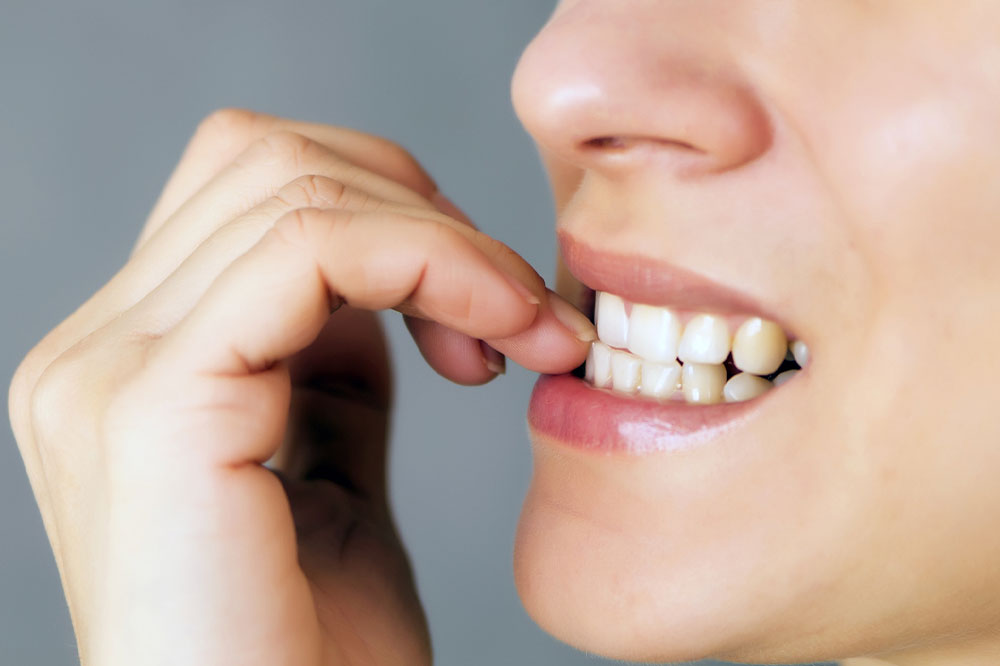Top 20 foods to eat and avoid for bad breath

Bad breath, or halitosis, is a prevalent condition that can be embarrassing for individuals. It can result from various factors, including poor oral hygiene, dental problems, and even certain foods. While maintaining good oral hygiene practices is crucial in combating bad breath, incorporating specific foods into one’s daily routine can also help freshen the breath. Here is a range of foods that can effectively fight bad breath and the ones that can aggravate the condition.
Foods to fight bad breath
Here are some foods that can naturally freshen one’s breath:
Sugarless mint gums
One of the quickest and most convenient ways to combat bad breath on the go is by chewing sugarless mint gums. Mint possesses natural deodorizing properties that make it an effective choice for freshening the breath. Chewing gum also stimulates saliva production; saliva helps in washing away bacteria, food particles, and odor-causing compounds. Most sugarless gums are readily available in stores and are easy to carry.
Fresh herbs
Fresh herbs like parsley, cilantro, and mint contain natural chlorophyll, a green pigment that acts as a potent deodorizer. Chewing on a few leaves of these herbs after a meal can help neutralize odors and leave one’s breath smelling fresher.







